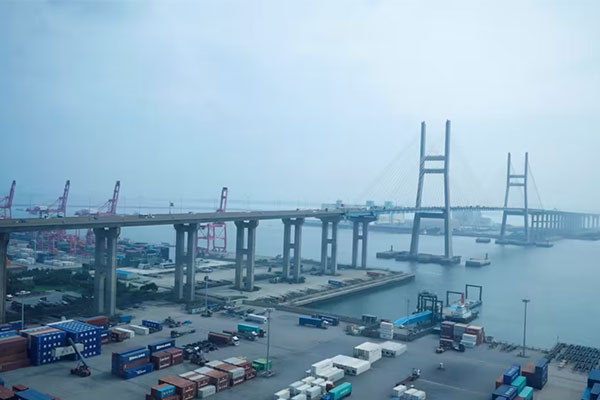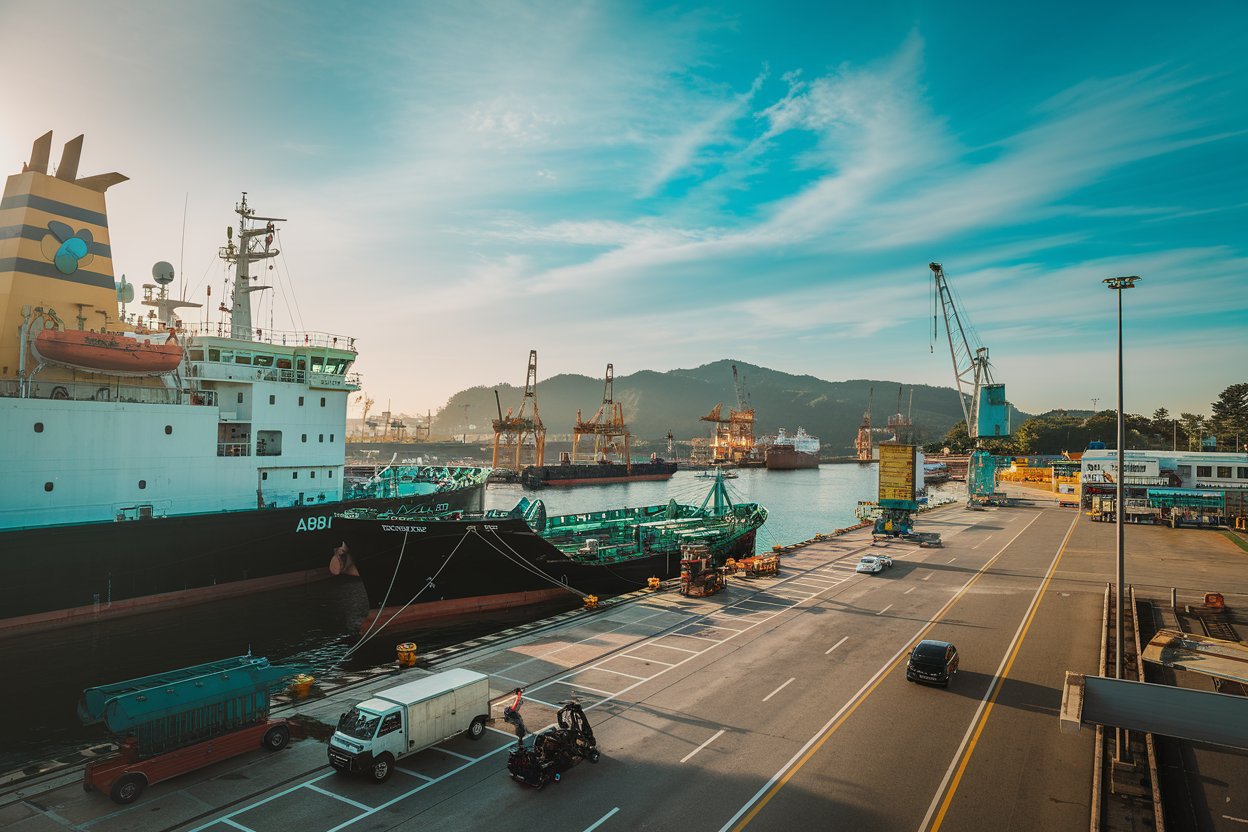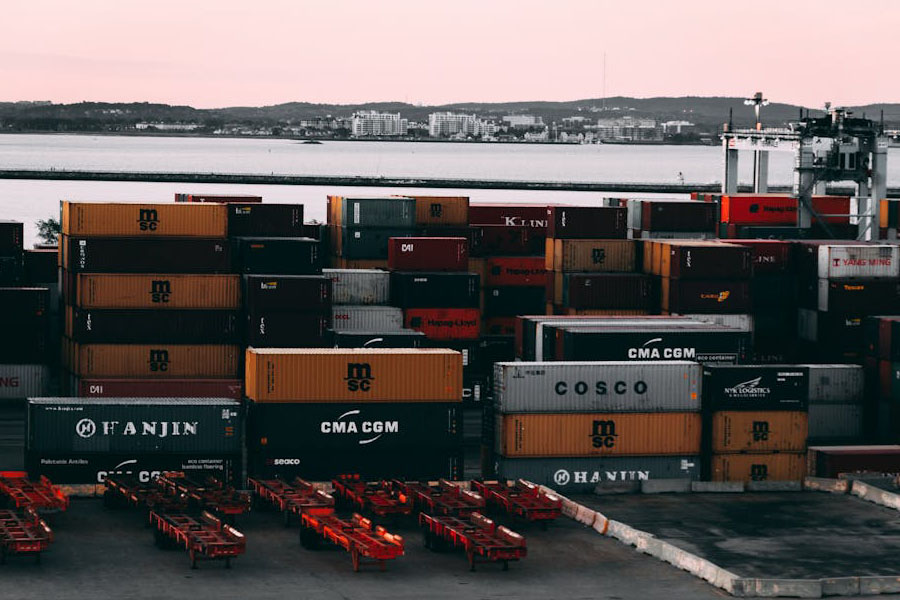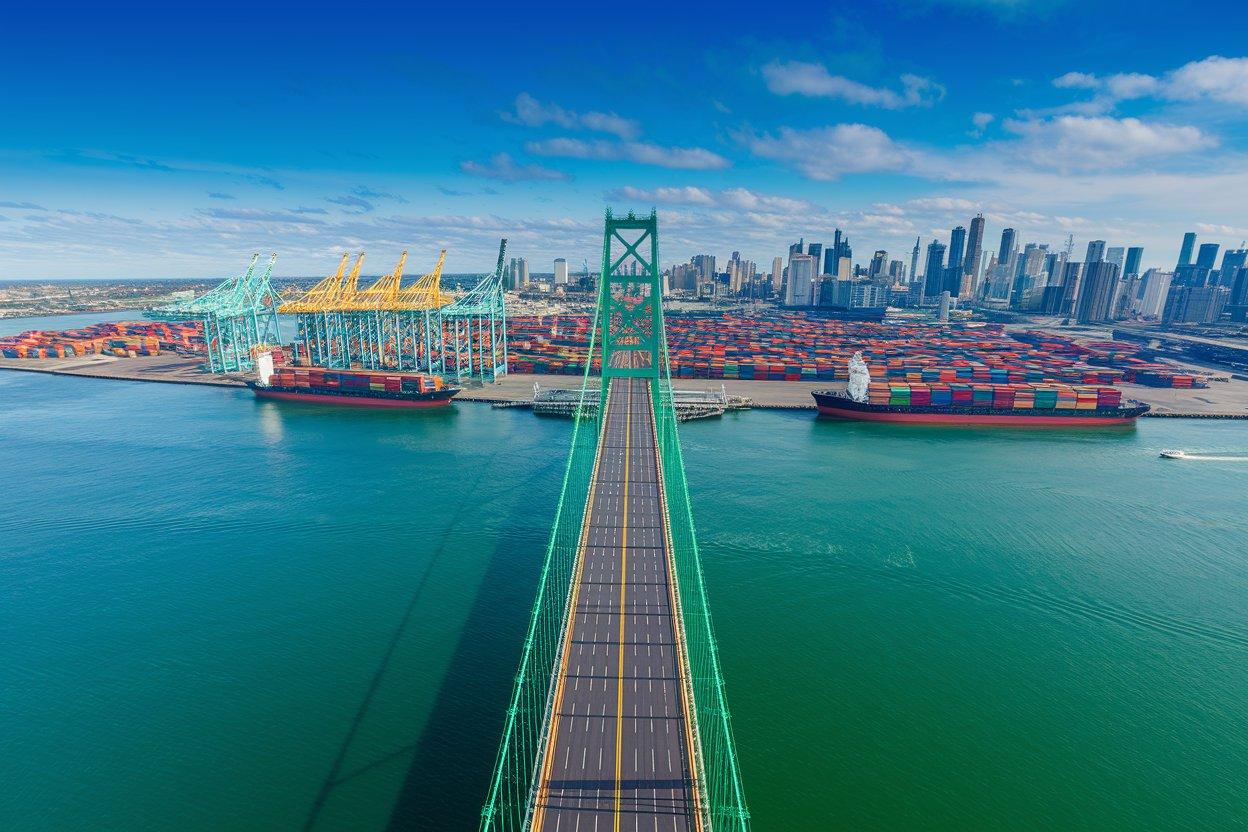- 20 Years of Expertise in Import & Export Solutions
- +86 139 1787 2118
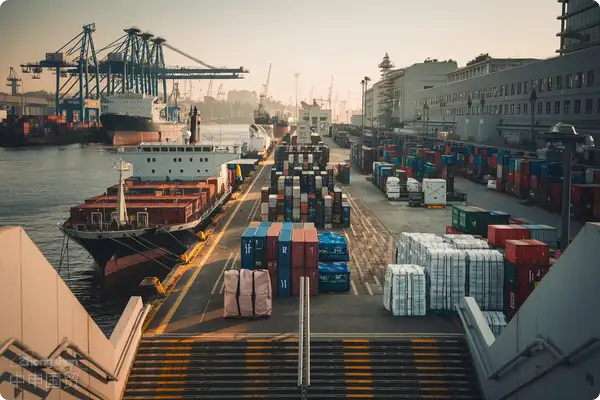
1.?Export Agency?What exactly does it do?
An export agent is a third-party institution specialized in international trade services, and its core functions can be summarized as:Handle all export procedures on behalf of the client.Unlike the traditional middleman model that profits from price differences, compliant export agency enterprises operate byService feesFormal profitability, primarily offering the following professional services:
- Preparation and Submission of Customs Declaration and Inspection Documents
- International Transportation Solution Design and Execution
- ?Ocean shipping?/?Air freight?/Railway Transportation Combination Optimization
- The newly added 2025China-Europe Railway ExpressApplication of tariff preferential policies
- Foreign exchange receipts and payments and?Tax Refund?Acting
- Trade Compliance Risk Management (including updates on regulations such as REACH, RoHS, etc.)
II.?Foreign trade?What is the difference between self-operated export and agency export for a company?
In the international trade environment of 2025, the contrast between the two models is particularly evident:
- Qualification requirement differences:
- Self-operated export requires obtaining a full set of qualifications, including customs registration and foreign exchange accounts.
- Agency export can utilize the existing qualification channels of the agent.
- Cost Structure Comparison:
- Self-operated exports entail bearing fixed costs such as personnel and systems.
- Agency export services are charged per shipment, making them suitable for small and medium-sized enterprises.
- risk-sharing mechanisms:
- The agent shall bear the responsibility for document compliance.
- The 2025 edition of INCOTERMS clarifies the timing of risk transfer.
III. What are the key points to consider when selecting an export agent?
According to the latest data from the China Council for the Promotion of International Trade in 2025, it is recommended to evaluate agencies from the following dimensions:
- Qualification Verification: Check the AEO certification status with customs (new digital certification mark to be added in 2025)
- Service network: Verify the authenticity of customs clearance cooperation channels in the destination country.
- : Document review process, historical data of error rates:
- Whether to establish a dynamic update mechanism for HTS codes
- Could you provide trade country risk alerts?
- Cost Transparency: Be wary of "bundled prices" that include hidden fees.
IV. What major changes will occur in the export agency industry by 2025?
The latest policy adjustments have brought about impacts in three aspects:
- Digital UpgradeThe General Administration of Customs requires full integration with the International Trade "Single Window" 3.0 system by 2025.
- Green trade regulations: The EU CBAM carbon tariff mechanism has officially come into effect, and agents are required to provide a product carbon footprint report.
- Innovation in Payment Methods: The coverage of the Cross-border Interbank Payment System (CIPS) has expanded to 85 countries.
V. How Can Small and Medium-Sized Enterprises Reduce Costs and Increase Efficiency Through Export Agents?
Illustrated with a practical case: After adopting agency services, a mechanical parts manufacturer:
- Export customs clearance time reduced by 40% (using intelligent classification system).
- Logistics costs reduced by 18% (optimization of multimodal transport solutions).
- The tax refund processing cycle has been reduced from 90 days to 21 days (via the electronic tax refund channel).
Special reminder: In 2025, the Ministry of Finance will upgrade the export tax rebate rate inquiry system to display real-time dynamic updates. Agencies should promptly synchronize the latest data.
Resources
Contact Us
Email: service@sh-zhongshen.com
Recommended for You
Contact via WeChat

? 2025. All Rights Reserved.
